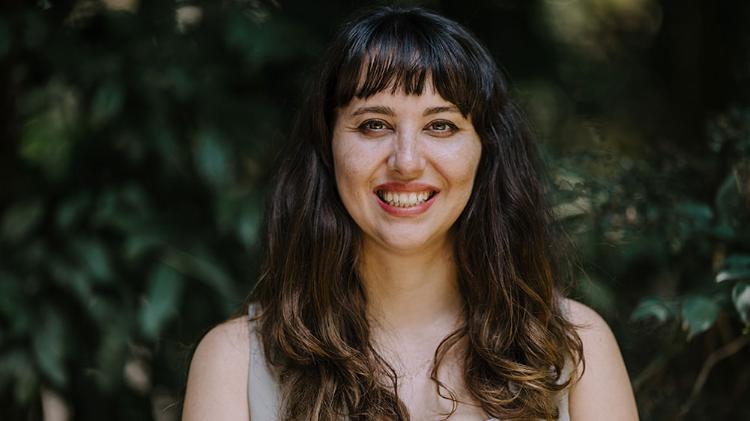Peer Learning Coach, Safiye Caferoglu
What is your role and what student services, events/workshops do you offer to our students?
I'm Safiye and I'm a Peer Learning Coach at Sydney CBD campus. Peer Learning Coaches (formerly known as Peer Academic Coach - PAC) are senior students, and we work collaboratively with students to achieve their study goals. Using our experience as a student, we are trained to support students with:
- Time management and organisational skills
- Study and assessment planning
- Adjusting to university life and study expectations
- Navigating university systems and physical spaces
- Motivation and positive study habits.
We work with students in their first coaching session to set goals and will follow up with ongoing coaching sessions to keep them on track. Peer Learning Coaches sessions can be held face to face or online. Coaching sessions can be conducted on an individual basis, or students are welcome to bring along some friends for a group coaching session.
What steps do you recommend students to take to prepare themselves before seeking your assistance?
Students interested in scheduling an online session can conveniently book through Vygo and are encouraged to prepare any questions they may have beforehand. However, there is no strict requirement for students to prepare documents or follow specific steps. Students are welcome to drop in during my shifts and ask their questions directly. For newcomers, I am happy to introduce the support services available to them. These sessions are designed to be informal, providing a welcoming and friendly environment where students can feel comfortable approaching us as peers.
In order to minimize the likelihood of encountering issues that necessitate your services, what proactive measures can students take?
To reduce the likelihood of requiring Peer Learning Coaches services at UOW, students can take proactive steps. They should prioritize effective time management, develop strong study skills, maintain organization, foster open communication with academics and peers, prioritize self-care, and seek assistance promptly when facing academic challenges. By implementing these proactive measures, students can better navigate their academic journey and potentially avoid the consequences caused by stress.
What is the top tip you give to the students when they struggle with their academic writing?
As students, we all encounter challenges in academic writing, but fortunately, there are numerous support services available to help improve our skills. At UOW, students can access various support services for academic writing, including workshops, consultations, drop-in centres, online resources, and academic support services. These resources provide personalized assistance to improve writing skills and succeed academically. I highly recommend visiting the online student support site to explore various assessment types tailored to different types of assessments. These templates provide a helpful guide to understanding the correct structure for each assessment type, which can significantly contribute to academic writing skill improvement.
How do you spend your leisure time outside of work?
Balancing PhD studies and work can be challenging, so I believe it's essential to find ways to recharge and maintain a healthy lifestyle to manage stress effectively and stay on track. So, in my leisure time I prioritize self-care activities such as yoga, Pilates, spending time at the beach, meeting friends, and taking dance classes.
